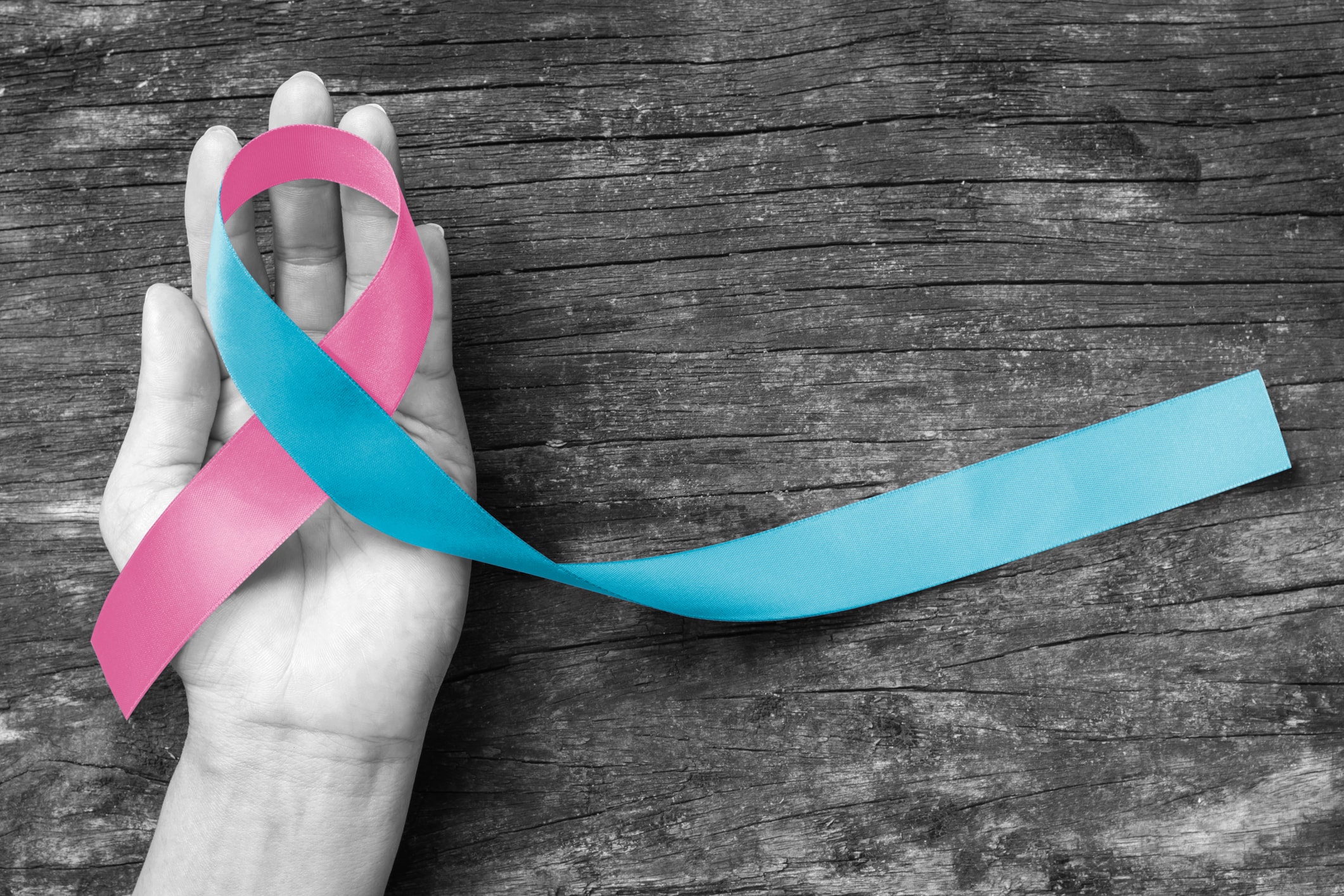Finding the right words to address perinatal loss is difficult, particularly if we’re talking to bereaved parents. But Raphael Services Manager VIC East and NSW Janet Foggin, believes learning to talk about it – encouraging mums and dads to name and discuss their baby – is the key to helping grieving parents have a more healthy, mindful relationship with a grief that will last a lifetime.
“It’s important to understand that perinatal loss isn’t something that happens and you move on,” says Janet, who helps deliver a range of perinatal services for new parents in Victoria and New South Wales. “It reverberates through relationships and families for years, generations even.
“The grief is often compounded by societal pressures that can create feelings of shame and guilt. These feelings can be constant immediately after perinatal loss, but they can be triggered at any point in the future: seeing babies at a family party, in their GP’s waiting room, on a TV show… And when mum becomes pregnant again, there’s this heightened anxiety. Will this happen to me again?”
In 2020, 3,004 babies died in the perinatal period – three-quarters were stillbirths and the remaining 731 were neonatal deaths. And yet, it’s a subject that’s very rarely discussed openly. Sadly, it’s a common story. Every year, around 110,000 Australians have a miscarriage.
“Even healthcare professionals struggle to find the words or a way to talk with bereaved mums and dads in the raw moments of shock and grief in the aftermath of losing a baby,” says Janet. “In fact, most midwives will openly tell you they don’t know what to say.”
“At Raphael Services, we see a lot of dads who are struggling to understand what has happened – and in the case of stillbirths, what they’ve actually seen happen. They don’t want to upset their partner. They don’t know what to say. And so, they say nothing. Everyone is traumatised.”
But Janet has also seen how sitting down with grieving parents and encouraging them to name their baby and talk about them can be a transformative experience.
“After losing a baby, parents are exposed to language that is clinical in every sense. Their baby becomes a case, a statistic,” explains Janet. “We find that the simple act of asking bereaved mums and dads to name their baby – and they nearly always already have a name – and then talk about them as a person can be a turning point.
“This personalisation isn’t the end of their grief. That never goes away. But it’s the beginning of being able to think – of allowing themselves to think – about a future without their baby.
“Just as bereaved parents usually have a name for their baby, even if they haven’t shared the name with anyone, they also had dreams for their baby. When they start talking about their baby and their lost hopes and dreams, they can also start being more mindful about their grief, about coping with the inevitable triggers, about being kind to themselves, and about the future and a new pregnancy.”
Raphael Services provides no-cost support to help new mums and dads deal with the emotional challenges they face from conception through to baby’s fourth birthday, including perinatal loss. If you or someone you know needs help, visit sjog.org.au/raphael.


